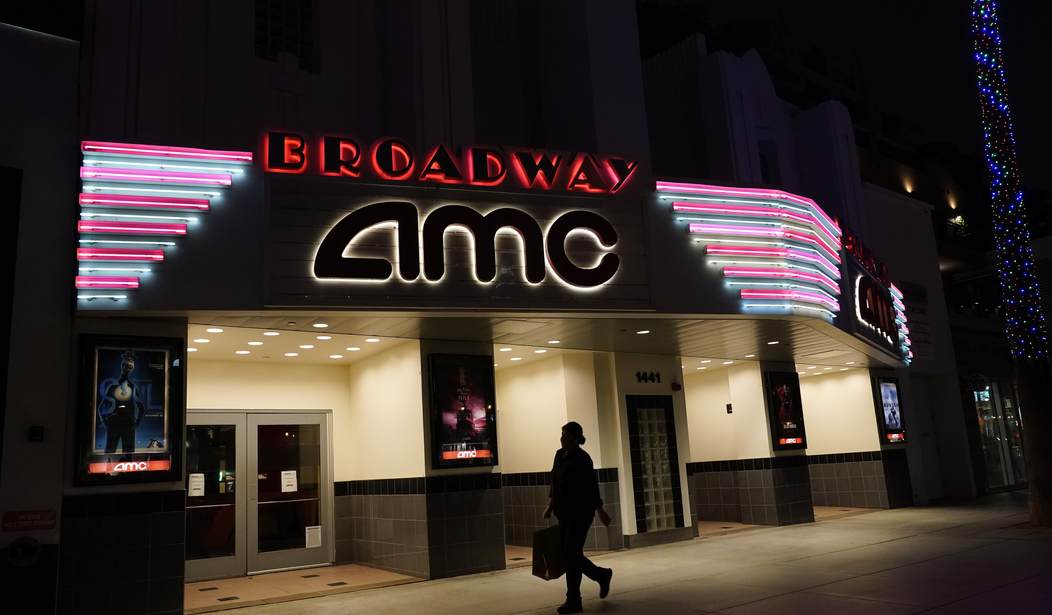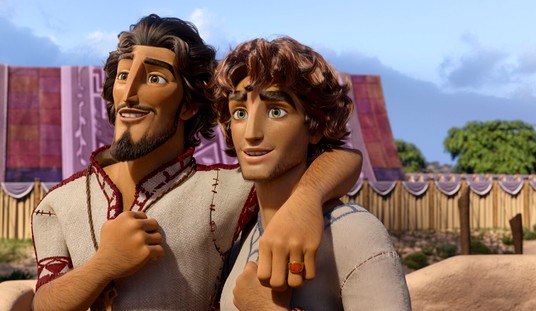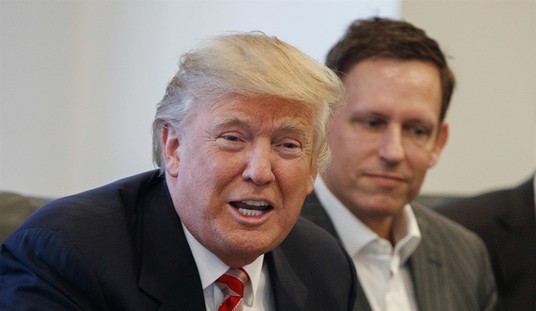As I look back over the past few years, the movies and series that come to mind that truly stood out for me are few. Hollywood has driven itself into a ditch as of late with almost every major studio seeming to strip over itself in various ways.
The films I really enjoyed seem to stray away from Hollywood's favorite addiction; nostalgia. Remakes and reboots have become so commonplace that whenever I hear about one, my interest level doesn't rise above a feeling of "Ugh. Really?" Nearly everything has gotten live-action versions and nearly every single one of them has been terrible. Only Netflix's "One Piece," a live-action version of the Japanese anime classic, seemed to be great and that's because its creator was watching over Netflix's shoulder like a hawk.
Judging by how many movies and films bombed at the box office, a few things are pretty clear. For one, America isn't into being preached at when they come to enjoy some escapism, and I don't know how many more box office failures need to happen for studios to realize this.
But secondly, it appears America is pretty tired of having their nostalgia played on. Disney's live-action versions of films aren't exciting the public anymore and its "Snow White" reboot has become so unpopular that they've pushed it off to next year to try to save it from its bad PR a the hands of its star.
What did do well this year was originality. While some of the films that did succeed played with the idea of nostalgia by using recognizable brands as the central point, the stories used were original and crowd-pleasing. As reported by Variety, originality ruled the day:
Those films that did succeed emphasized the fresh over the familiar. “Oppenheimer,” a $100 million-budgeted historical drama about physicist J. Robert Oppenheimer and the creation of the atomic bomb, is the kind of pitch that, on paper, is an insane gamble. That the film, backed by Universal and directed by Christopher Nolan, became an unmitigated box office smash only punctuates this crazy, upside-down year at the box office. For the first time in more than a decade, none of the three biggest movies — Barbie” ($1.44 billion), Universal’s animated “The Super Mario Bros. Movie” ($1.35 billion) and “Oppenheimer” ($951 million) — were part of existing film franchises or inspired by comic books.
“Original content, rather than sequels, ruled the day in 2023,” says Richard Gelfond, the CEO of Imax.
“Oppenheimer” proved that not only will audiences still get excited about new movies, but they’re also willing to cross state and country lines to watch it on the best possible screen. Cinephiles boarded planes, trains and automobiles to witness “Oppenheimer” in Imax 70mm – available on just 30 screens across the world – and experience the movie the way Nolan intended it to be seen.
It should be noted that "Barbie" did rely heavily on feminist messaging, the audience it played to was into it, resulting in a box office hit that had women coming back for repeat viewings and dragging their boyfriends and husbands along for it in the process. It should also be noted that the film took on a different meaning depending on who you talked to, with some people believing that Ken was a tragic Shakespearian hero.
(READ: The 'Barbie' Director Accidentally Made a Very Anti-Feminist Shakespearian Tragedy)
As I've written before previously, we've abused our thirst for nostalgia:
We’re chasing that sense of awe and wonder we had as our younger selves, but the truth is we’re not going to get it back…at least not like this. The world changes and the things that we loved back then are frozen in that time, or sit timelessly as they are and cannot withstand change.
Think of the lesson that was imparted from Jurassic Park (also a franchise with a horrific reboot), when the main characters were sitting in a room and talking about the ethical question surrounding what they just saw. In the iconic scene, as the potential sales numbers are being discussed, Jeff Goldblum’s character compares the bringing back of such awesome forces by scientists to a kid who found his dad’s gun.
“It didn’t require any discipline to obtain it,” he says. “You read what others had done and you took the next step. You didn’t earn the knowledge for yourselves. You don’t take any responsibility for it. You stood on the shoulders of geniuses to accomplish something as fast as you could and before you even knew what you had you patented it, and packaged it, and slapped it on a plastic lunch box and now you’re selling it.”
The brutal truth is that our nostalgia isn't going to bring us happiness. It's fun to sometimes remember things we loved in the past fondly, but those times aren't coming back, and trying to resurrect them is like attempting to bring the dead back to life. Even if you did succeed, it would be a shambling, rotted corpse hungry for flesh.
I think people are starting to understand this and are rejecting the things they loved being rebooted, repackaged, and sold back to them. Not only do these reboots not succeed because the moment for them has passed, but because the directors hired to remake them have modern sensibilities that they believe should be injected into these stories.
Reboots are just not working anymore with very few exceptions.
It's time to let the reliance on nostalgia die and let the past rest.















